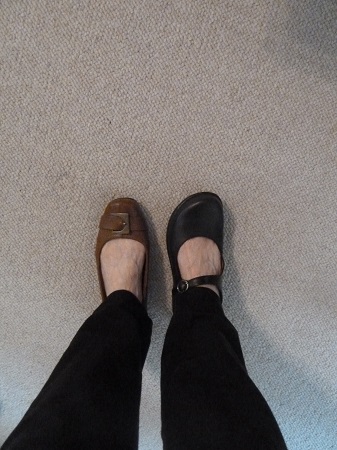Alive and Kicking
 Few of us can kick as high as Stella. Yet, we can move at our own pace. We are alive and kicking.
Few of us can kick as high as Stella. Yet, we can move at our own pace. We are alive and kicking.
I recently talked with a friend I had not seen in several years. When I asked how she was, she said, “I’m still kicking.” Like most people, she had experienced ups and downs. Some days she kicks higher than others.
Alive and kicking means alive and well.
As my father loved to say, we are “full of vim, vigor, and vitality.” We have:
- Energy
- Enthusiasm
- Health
We are:
- Strong
- Alert
- Active
We still exist, so we still have purpose.
Alive and kicking does not mean a perfect life.
We all deal with less than perfect experiences. That’s life. We may suffer:
- Health crises
- Financial woes
- Relationship problems
- Daily challenges
Yet, we don’t give up. Rather, we rise and shine. We give thanks for each day and determine to make the most of the resources and abilities we possess.
We kick as high as we can.
“I will praise you as long as I live, and in your name I will lift up my hands” (Psalm 63:4 NIV).
Thanks to Virginia Harris Sturgeon for the suggestion and to Rhonda Wade Royster for the photo.
Do you have an expression you want explained or a thought about this one? If so, please comment below.
Subscribe to receive my weekly posts by email and receive a free copy of “Words of Hope for Days that Hurt.”
If you enjoyed this post, please share it with your friends.








